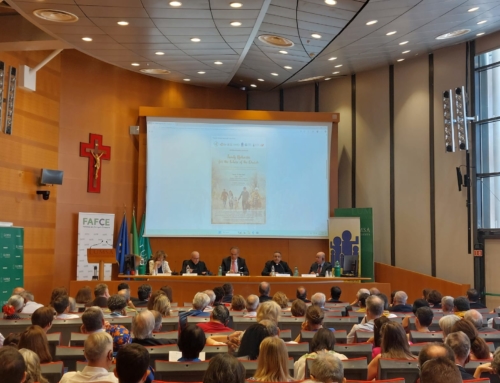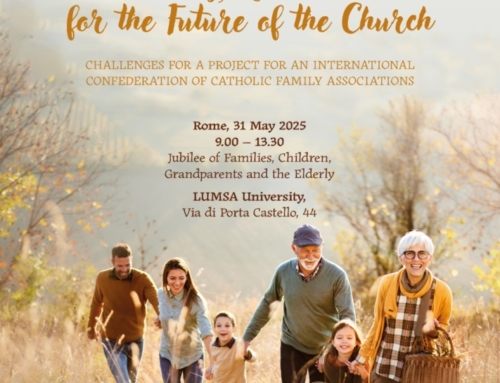14 December 2022,
FAFCE, in collaboration with Don Bosco International (DBI) and the Commission of the Bishops’ Conferences of the European Union (COMECE), contributed to the open consultation on the European Commission’s proposal on a European Year of Skills 2023. While appreciating this new initiative, especially after the European Year of Youth 2022, the three organisations made several recommendations to make the European Year of Skills more holistic and inclusive of the various aspects that characterise education and training:
- Frame the European Year of Skills in a holistic and integral manner, avoiding portraying education, training and reskilling or upskilling as a mean to competitiveness and employability alone
- Focus on the connection between education systems, training, and skills teaching providers, investing both in basic and advanced skills, for the sake of a more coordinated, comprehensive and better-functioning learning system in the EU
- Foster processes of cooperation between formal and non-formal education and training providers, in order to achieve the best possible and integral formation of learners of all ages
- Invest both in the digital upskilling of older persons to support active ageing and in the digital education of children, thoughtful of the online risks of Internet overuse and of the vulnerability of child users to violence and abuse
- Recognise the “soft skills” acquired during the exercise of care as a category of work that grant access to life-long learning, vocational training, job reconversion and pension
- Invest in family-friendly policies, especially when it comes to the family-work life balance of parents, to erase the obstacles to natality and and invert current negative demographic trends
- Establish political and financial partnerships between institutions and civil society organisations, to optimise the efforts and resources for those who work in contact with vulnerable learners from migrant backgrounds
- Invest in an equal and inclusive migration cycle in cooperation with Vocational Education and Training providers to build long-lasting partnerships with third countries.
- Have a special attention on the prevention of the brain drain of high-skilled workers in third countries and within Europe, to avoid creating inequalities of development between European regions







